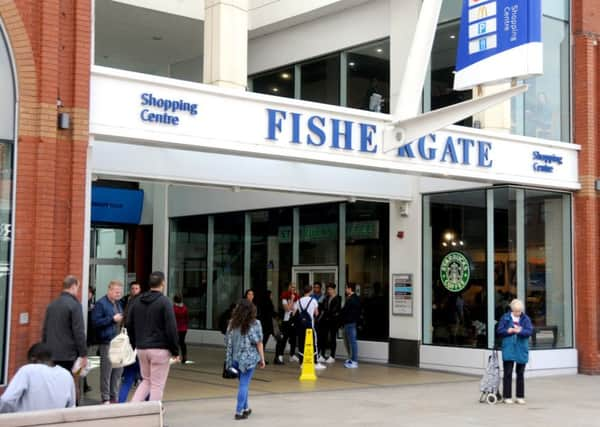It's not all doom and gloom for us in Lancashire


That’s the view of business chiefs following a report by the British Retail Consortium looking at the effects of online shopping, the national living wage and digital advances .
Mark Whittle, manager of Preston City Centre Business Improvement District, said: “With the rise of online shopping, retail has changed considerably over the last decade and will continue to do so.
Advertisement
Hide AdAdvertisement
Hide Ad“However, we do not agree with any view that ‘thousands of shops’ will be lost; instead, retailers will continue evolve and adapt their respective models in order to meet their clients’ demands.
“As is the case with any industry, though, it will be the consumer’s habits which dictate the offer.
“Retailers are resilient and accommodating and will endeavour to keep ahead of the customer.”
Mr Whittle added that the BID and Chamber of Commerce continued to call for fewer burdens to be placed upon business – something which it already campaigned for strongly and would continue to do so.
Advertisement
Hide AdAdvertisement
Hide AdThe BRC said shop closures would have a varying effect across the country and impact already-vulnerable areas the most.
While the pace of change could mean thousands of job losses by 2025, those that remain will be “more productive and higher earning”, the BRC said in its report entitled Retail 2020 Fewer But Better Jobs.
The retail industry is being reshaped by the digital revolution, the BRC said.
It described how 15 per cent of sales were now made online and there are around 40,000 fewer shops now than there were 10 years ago.
Advertisement
Hide AdAdvertisement
Hide AdThe introduction of the national living wage will cost the industry up to an extra £3 billion each year by 2020, the report predicted, although it added that retailers are generally supportive of the principle behind it.
Other costs are likely to come from business rates increases and the apprenticeship levy which is due to be introduced next April, the BRC said.